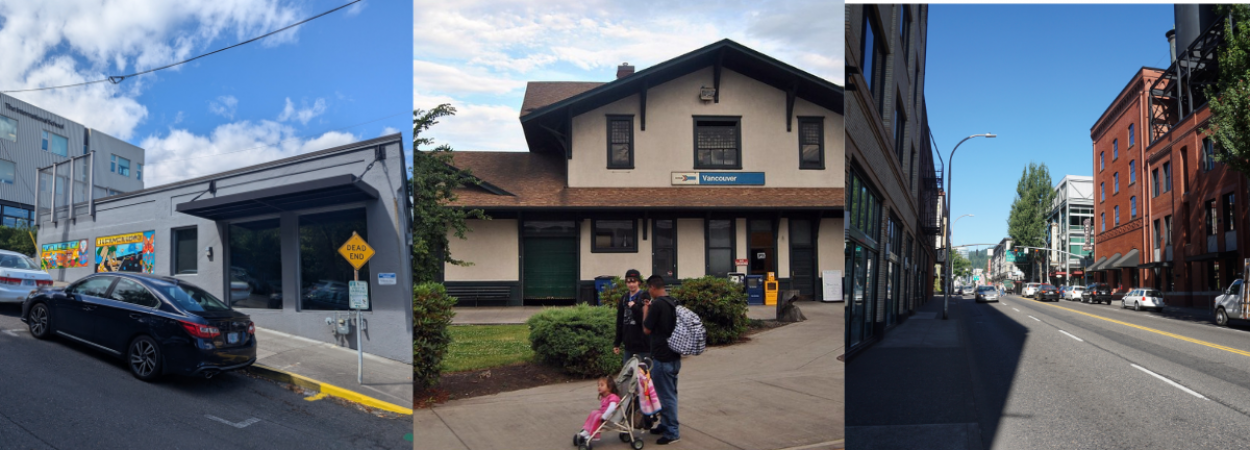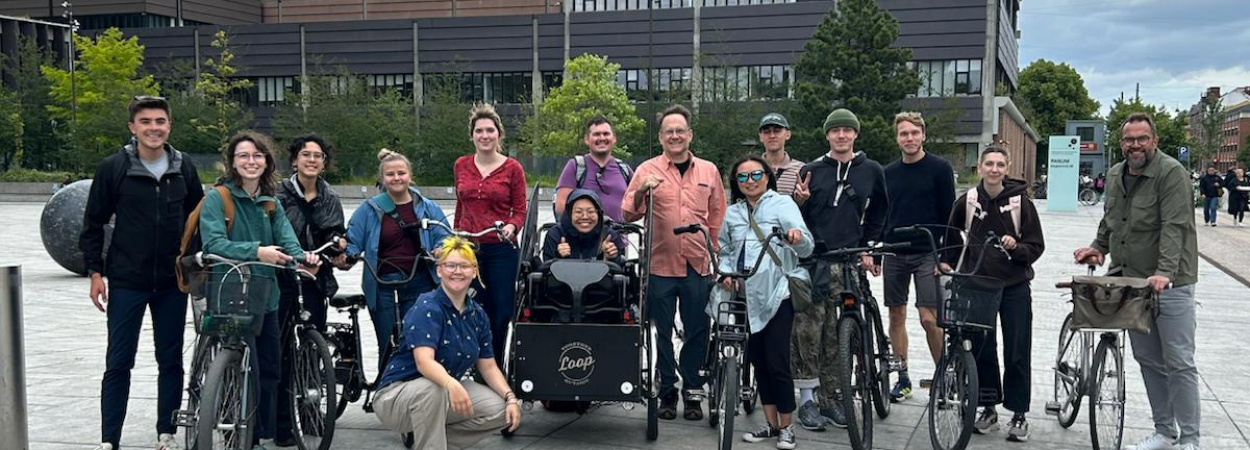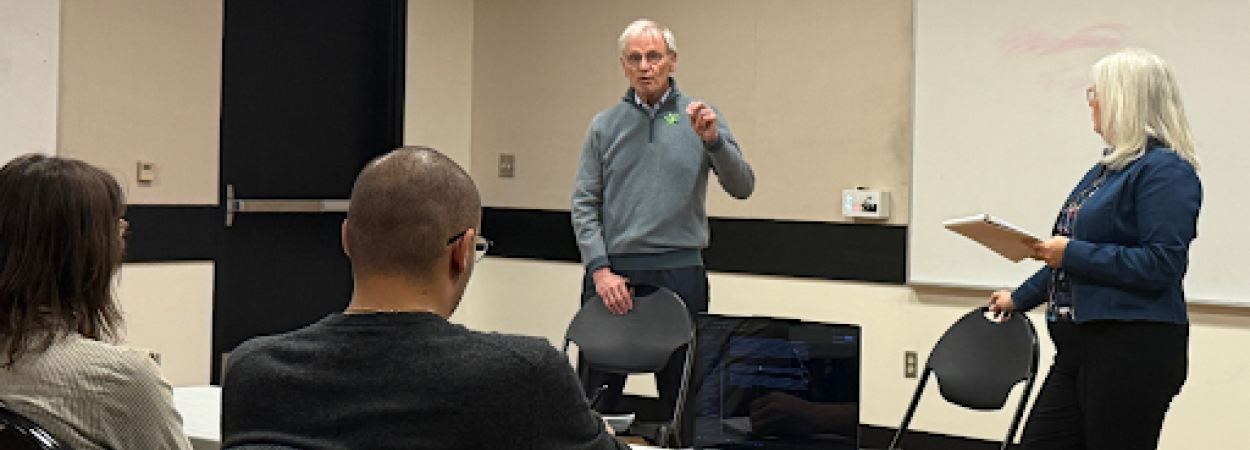 |  |  |

Portland State University (PSU) students are once again transforming ideas into action through Better Block PSU, a program that brings community-driven transportation and placemaking projects to life. Three Better Block PSU projects made forward strides this year, thanks to teams of students in the Civil and Environmental Engineering Capstone program and the Master of Urban and Regional Planning (MURP) program.
Last year, we reported on two of the projects:
These two have both made additional forward progress, and we also have updates on…
Read More
The 2025 Portland State University (PSU) Sustainable Transportation Study Abroad class has returned from Denmark, after an immersive exploration of what it takes to build a city for people rather than cars. Through daily bike and transit tours, lectures, and firsthand observations, students learned that making transportation safe and convenient isn’t about one magic policy; it’s a system of integrated decisions—like Copenhagen’s Finger Plan, its cycle superhighways, and a deeply ingrained culture of biking—that together create a vibrant, livable city.
With support from ScanDesign Foundation, the Sustainable Transportation Study Abroad program aims to introduce students to multimodal transportation and land use applications in an international context. This year's cohort of twelve students, along with instructors John MacArthur and Hau Hagedorn, met with officials from transportation organizations like the Danish Road Directorate and consultancy firms Raw Mo…
Read More
Portland State University's Class of 2025 celebrated its commencement ceremonies this past weekend, and we'd like to take a moment to highlight two graduates of the Toulan School of Urban Studies & Planning who devoted their time at PSU to improving the accessibility of transportation services.
Minju Song and Jules Plotts each focused their graduate studies on addressing transportation challenges for particular communities: Song's PhD dissertation examined ride-hailing as a potential solution for older adults who can no longer drive, and Plotts' masters thesis focused on non-daytime shift workers and their access to transit. TREC is proud to congratulate both of these outstanding grads, and looking forward to seeing their next chapter!
Jules Mai Plotts received her masters in Urban Studies, and is now doing a regional planning internship at Metro. She hopes her future career will make an impact on climate and equity. …
Read More
A report by Portland State University (PSU) researchers offers an improved framework for assessing the seismic risk of transportation structures. Earthquake preparedness is a high priority for the Pacific Northwest, and cities and state agencies will benefit from having a more accurate and consistent way to prepare.
In collaboration with the Oregon Department of Transportation (ODOT) and the Federal Highway Administration (FHWA), the researchers developed a method to manage bridges and tunnels using various data sources and rigorous risk definitions. Traditionally, decisions about retrofitting existing structures have been based on expert opinion, past experience, or limited data, which can be subjective and incomplete for the estimation of seismic risk. This new research developed an automated method, underpinned by scientific understanding on seismic hazard and structural fragility, to make risk assessments more accurate, consistent, and helpful for choosing which retrofitti…
Read More
In his first public presentation at Portland State University (PSU) since returning to Portland, former U.S. Congressman Earl Blumenauer spoke with an audience of about fifty students, faculty, and community members on May 17 about transportation funding.
Drawing from years of government experience at all levels, Blumenauer outlined the funding challenges faced by transportation agencies in Oregon and beyond.
He started by referring to a saying that for every problem there is often an elegant solution that is wrong. Raising the gas tax, he said, is such an “elegant solution.” The impact of raising the gas tax is less significant now than it was 30 years ago.
“Paying by gallons is no longer rational with electrification,” he pointed out, instead advocating for a road user charge. Road user charges, he argues, are more elegant, more fair, and can dramat…
Read More